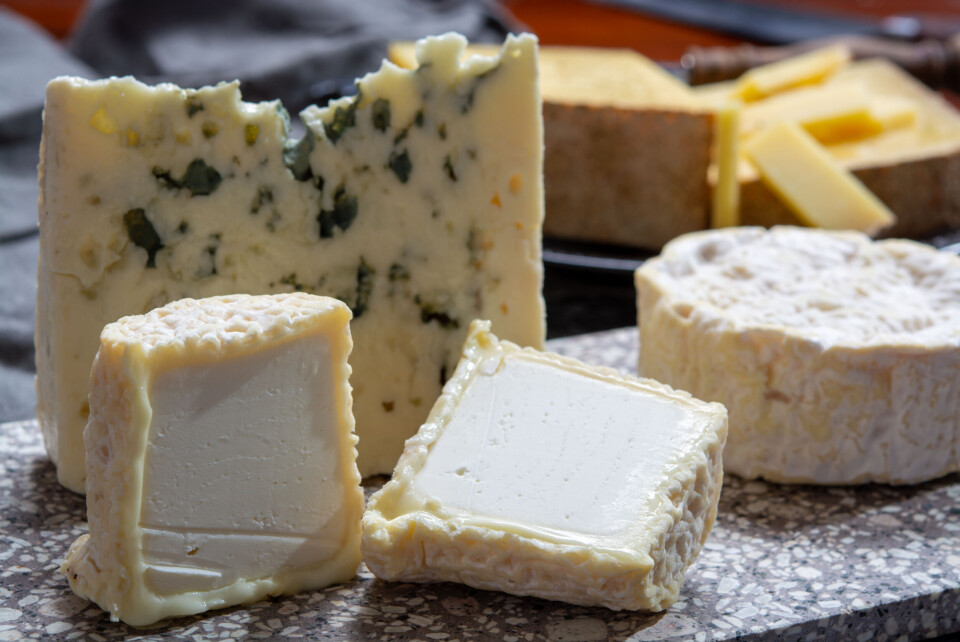-
New civic tests for foreigners in France launch amid criticism
Applicants for some types of residency cards must now take 45-minute test
-
Workers in France can take 17-day break using only eight days of leave in 2026
Favourable calendar for public holidays makes extended May break possible, with five guaranteed long weekends throughout year
-
David Hockney among France’s New Year honours list
Former Normandy resident awarded second grade of honour
Roquefort seeks exemption from French Nutri-Score label scheme
Producers argue the health rating given to the AOP cheese due to its high salt and fat content ignores the nutritional value of cheese and sends wrong message to consumers

Plans to make the Nutri-Score food labelling system compulsory from 2022 have prompted calls to make Protected Designation of Origin (PDO) products like Roquefort cheese exempt.
Producers do not think it is right that the blue ewes’ milk cheese from the Averyron should be marketed as being as unhealthy as crisps or fizzy drinks on account of its health rating.
Although it is high in both fat and salt, the PDO label attached to the cheese means that its famous recipe cannot be changed.
"We feel a sense of injustice, we are the heirs of ancestral recipes, with specifications guaranteeing quality", Sébastien Vignette, head of the General Confederation of Roquefort, told Le Figaro.
Up to 90% of cheeses rated D or E
"It's paradoxical. Ultra-processed industrial products with preservatives can have an A or B, while our very natural local products are stigmatised", added Mr Vignette.
“For Roquefort, it doesn't make sense. The specifications are already an act of responsibility towards the consumer”, said Stéphane Mazars, LREM MP for Aveyron.
The Nutri-Score food labelling system was introduced by the French government in 2016 and is currently voluntary in France.
It ranks foods according to their nutritional quality, awarding them one of five grades from A to E and a colour code, from green to red.
Roquefort gets an unfavourable D or E on the scale of A to E, as do up to 90% of cheeses. But while some can make changes to their recipes, PDO products cannot.
Related articles
French Roquefort cheese producers fight low nutrition rating
KFC France adds Nutri-Score to menu amid debate on food label overkill
























